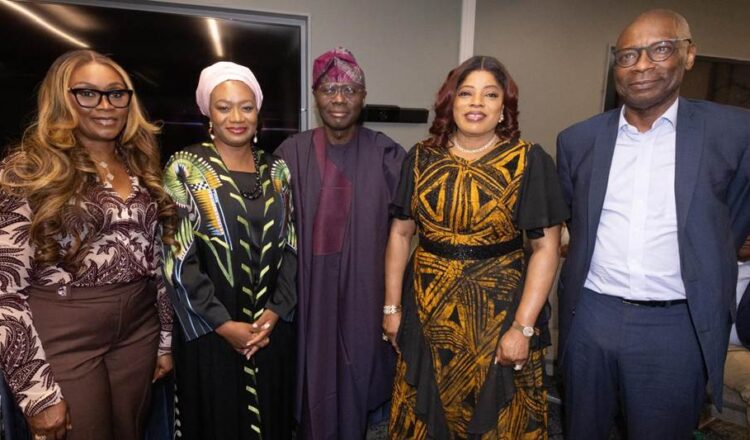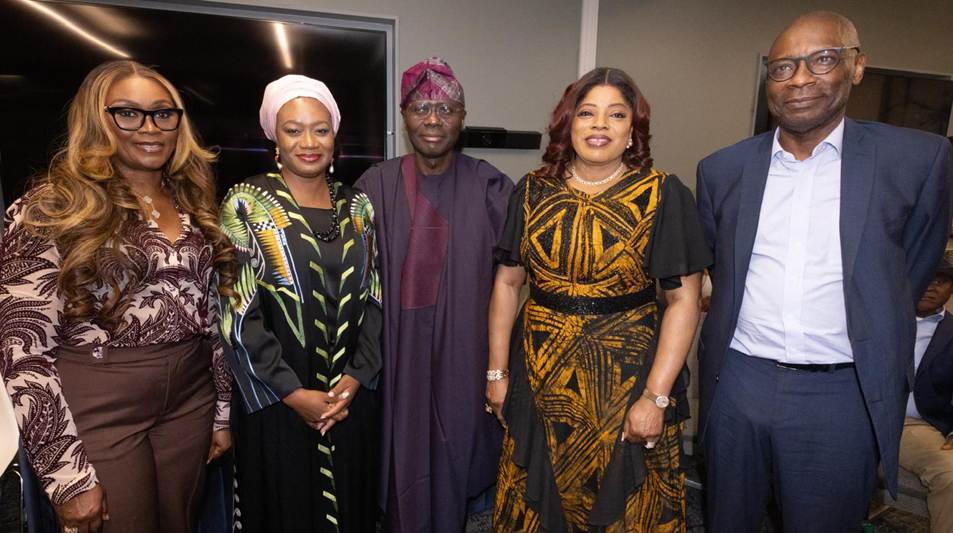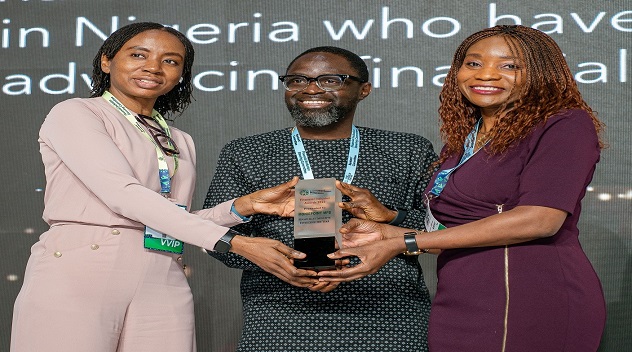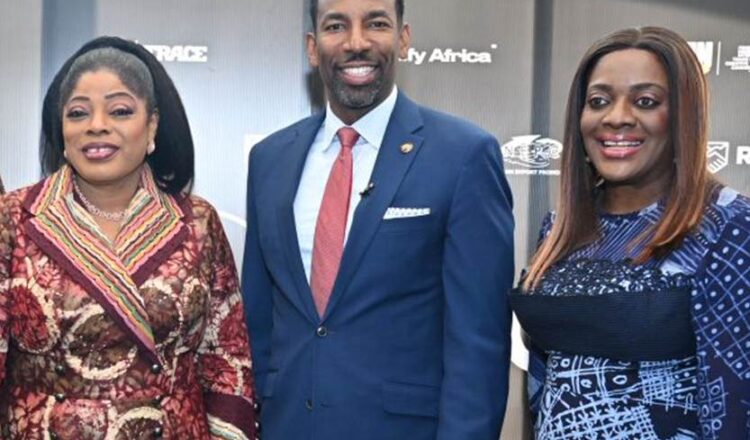No More Account Maintenance Fees: …Sterling Bank Gifts Nigerians On Independence Day

Sterling Bank has once again redefined the boundaries of customerfirst banking in Nigeria by scrapping Account Maintenance Fees (AMF) across all personal accounts.
Just months after abolishing transfer fees on local online transactions in April 2025, the bank has dismantled yet another long-standing industry practice, cementing its role as the nation’s leading force for transparent, fair, and customer-focused banking.
This decision cuts at the heart of a revenue model that has long cost Nigerian
customers dearly. In 2024 alone, tier-1 banks raked in over ₦650 billion from account
maintenance and e-banking charges.
Sterling’s move rewrites Nigeria’s banking
rulebook while amplifying its bold stance: customers deserve freedom from too many
deductions and the right to keep more of their hard-earned money.
Abubakar Suleiman, Managing Director of Sterling Bank, explained the principle
driving this bold action: “Every fee we remove is one less barrier between our
customers and true financial freedom. This was the rationale behind eliminating
transfer fees in April, and it is the same principle we uphold as we eliminate account
maintenance fees.”
Obinna Ukachukwu, Growth Executive for Consumer and Business Banking at Sterling
Bank, reinforced this position: “This initiative is about building lasting relationships that
fuel sustainable growth.
We put transparency and customer value first, and in doing so, we are building a foundation that serves both our customers and Sterling’s future.”
As Nigeria marks another Independence Day, Sterling Bank presents this decision as
a declaration of financial independence for millions of Nigerians.
By freeing customers from deductions that silently erode their balances, Sterling is empowering them to keep and grow their wealth while redefining true financial freedom.
With two unprecedented moves in quick succession, the removal of transfer fees in
April and now the elimination of account maintenance charges, Sterling Bank continues to challenge the status quo and champion a new era of fairness in
Nigerian banking.



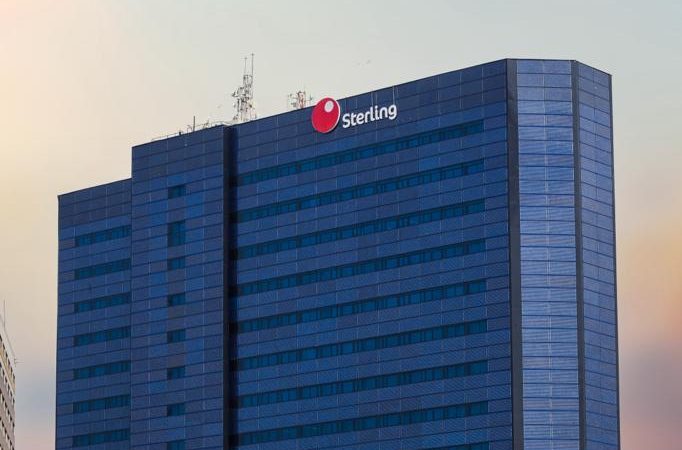
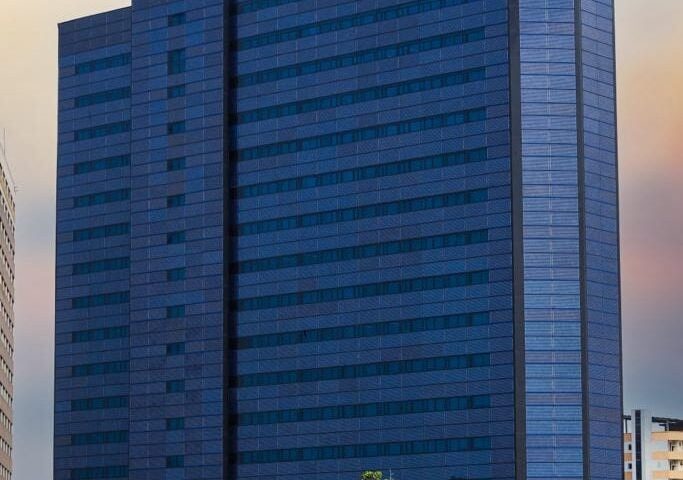
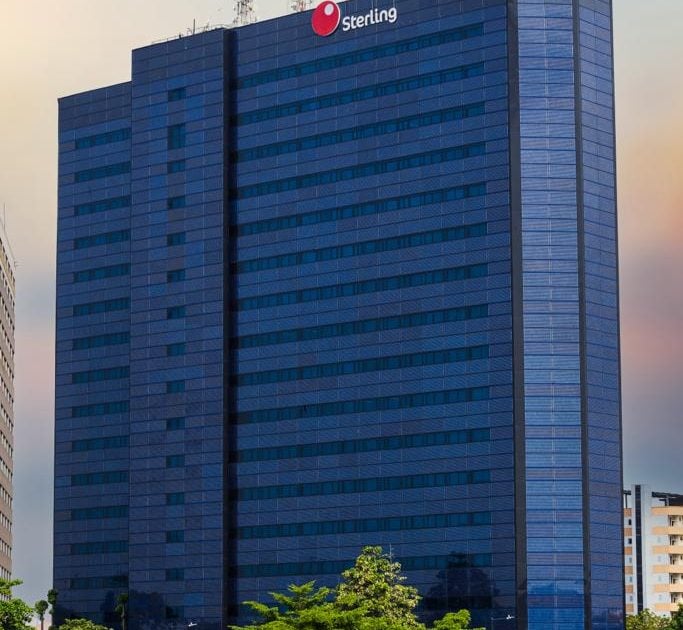 Sterling Financial Holdings Company Plc. (‘Sterling Holdco’), the parent company of The Alternative Bank, Sterling Bank, SterlingFI, and a number of other novel business solutions, has witnessed a very positive response to its public offer, as investors rally for a stake in the company’s future.
Sterling Financial Holdings Company Plc. (‘Sterling Holdco’), the parent company of The Alternative Bank, Sterling Bank, SterlingFI, and a number of other novel business solutions, has witnessed a very positive response to its public offer, as investors rally for a stake in the company’s future.

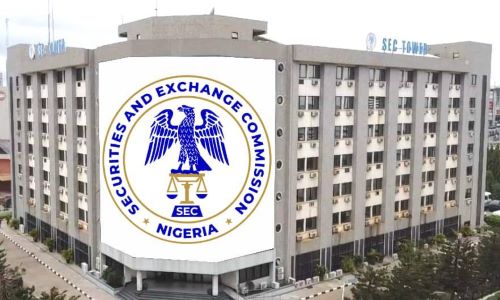
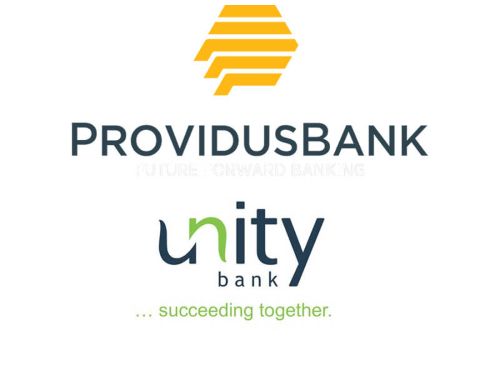

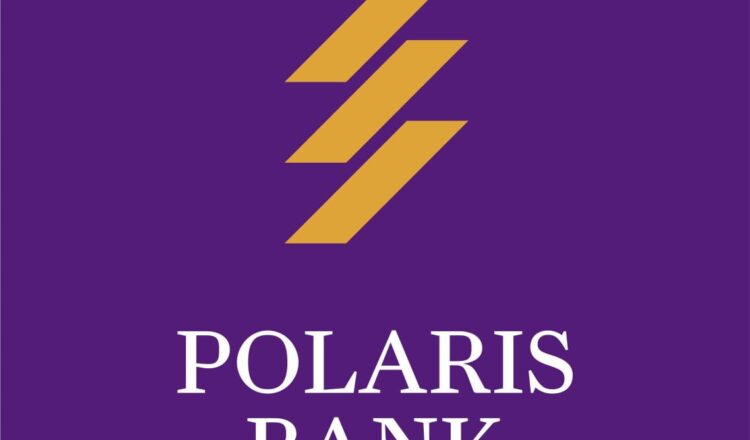
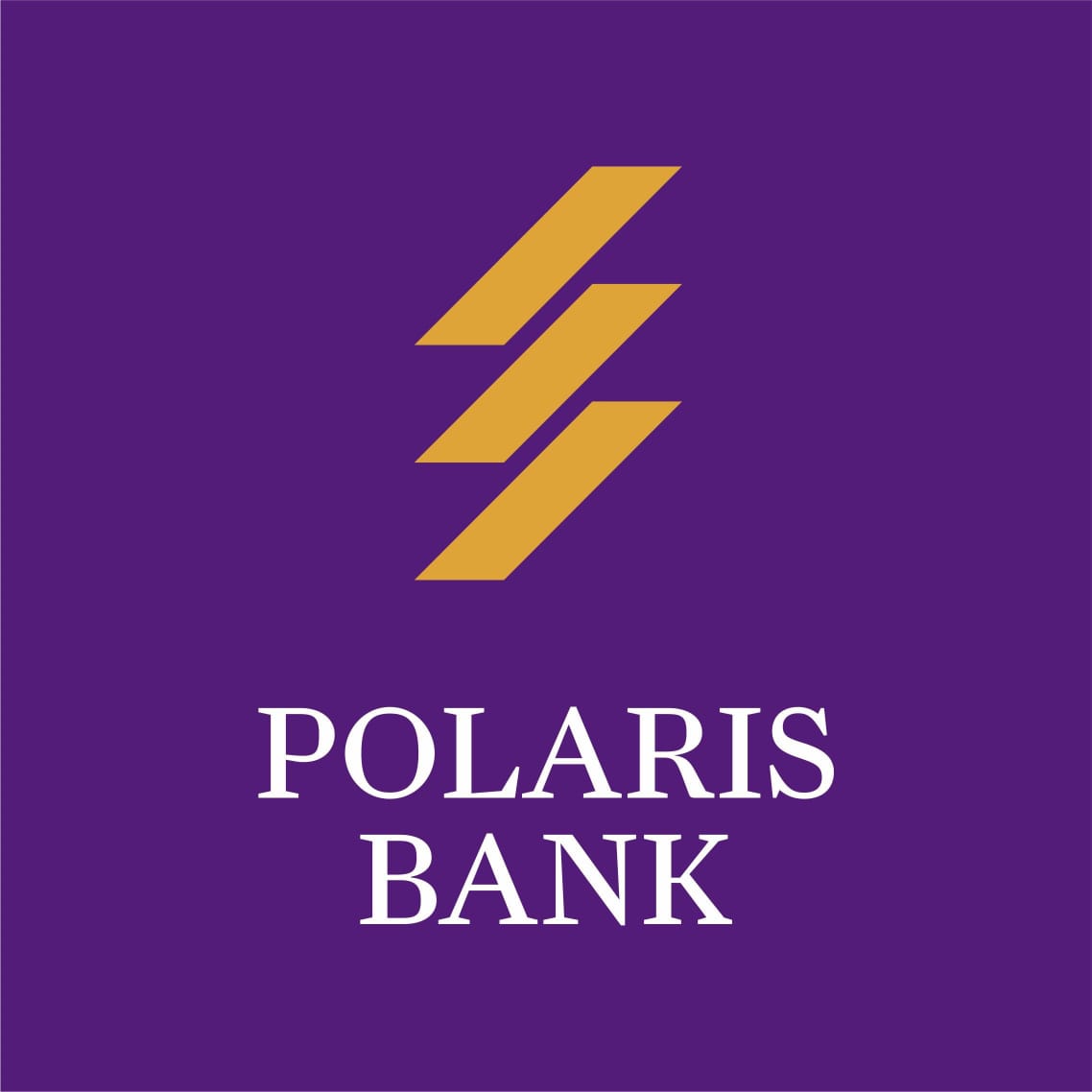
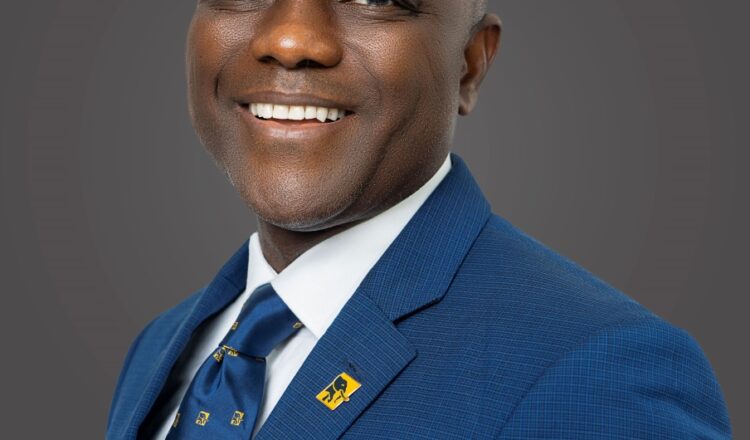
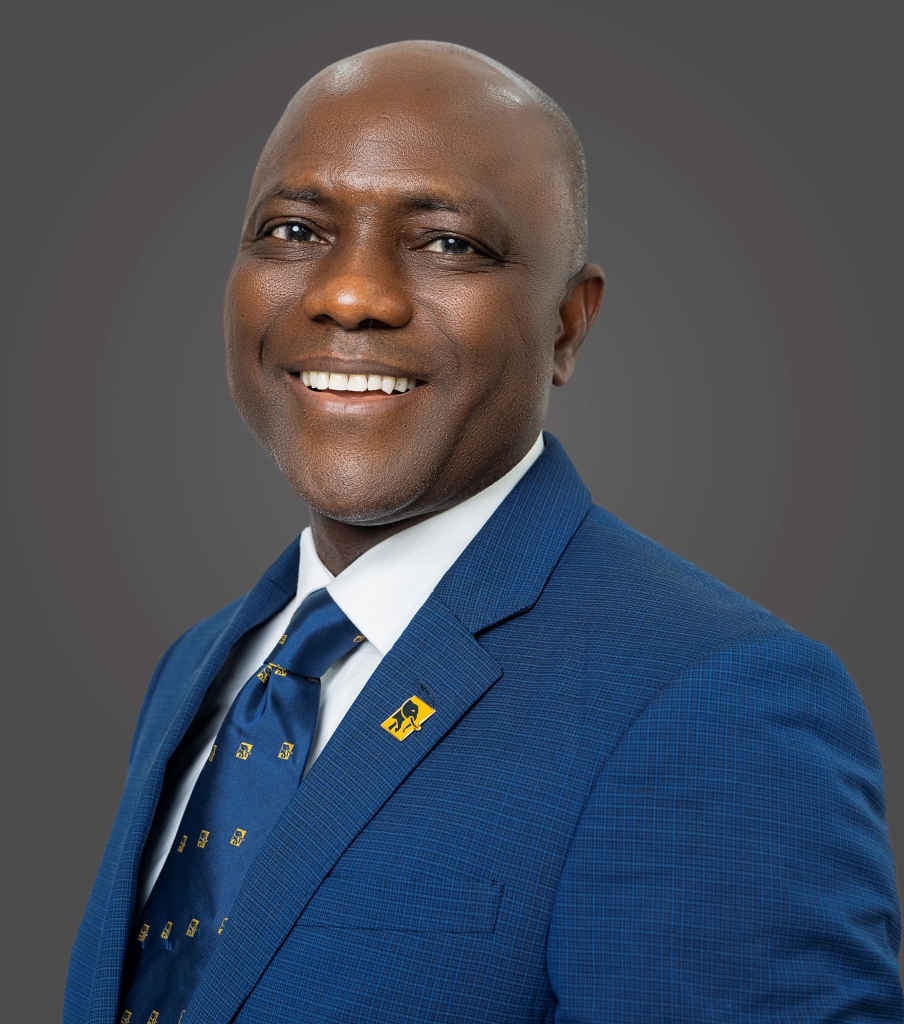 By Winifred Bosa
By Winifred Bosa